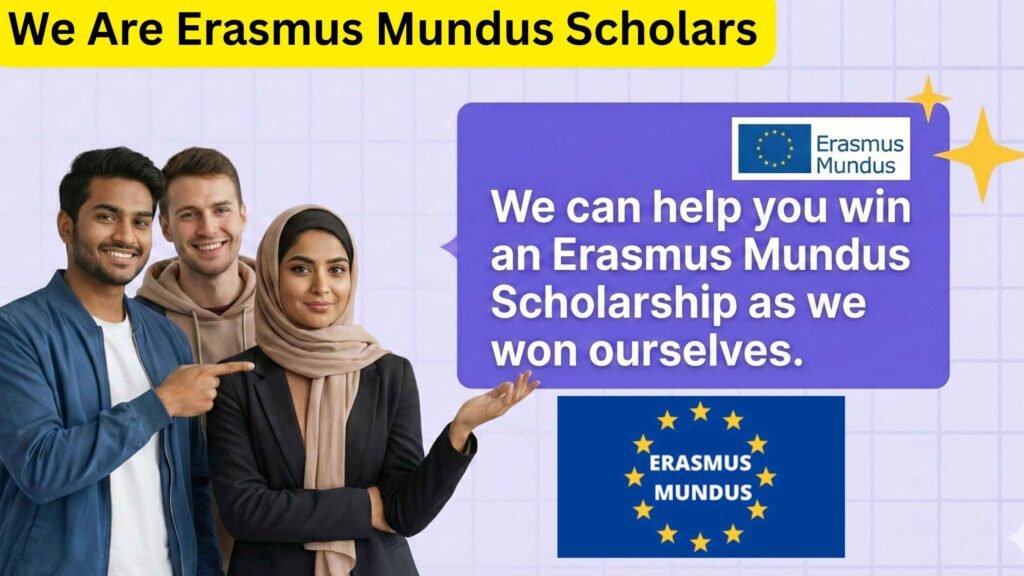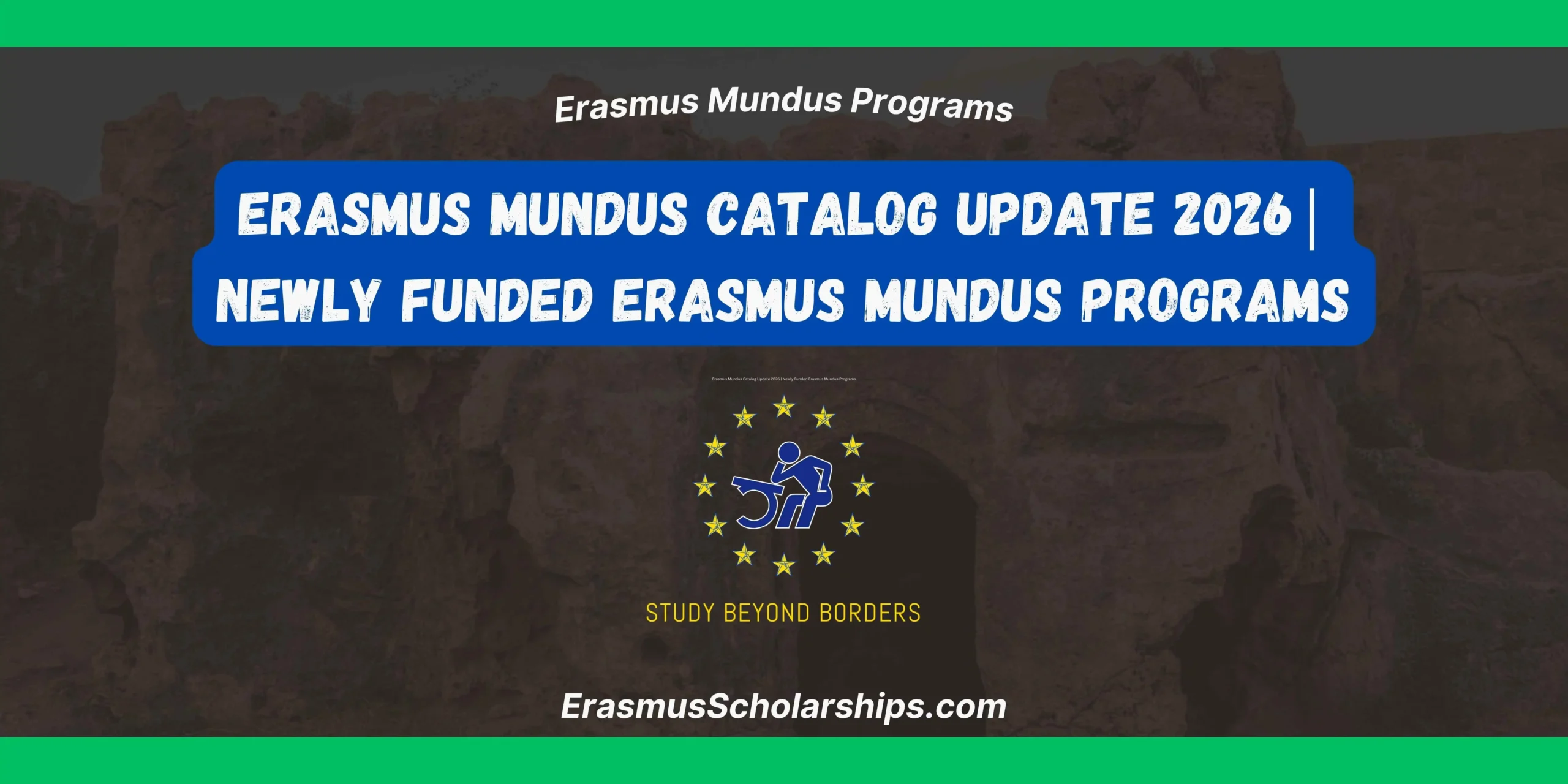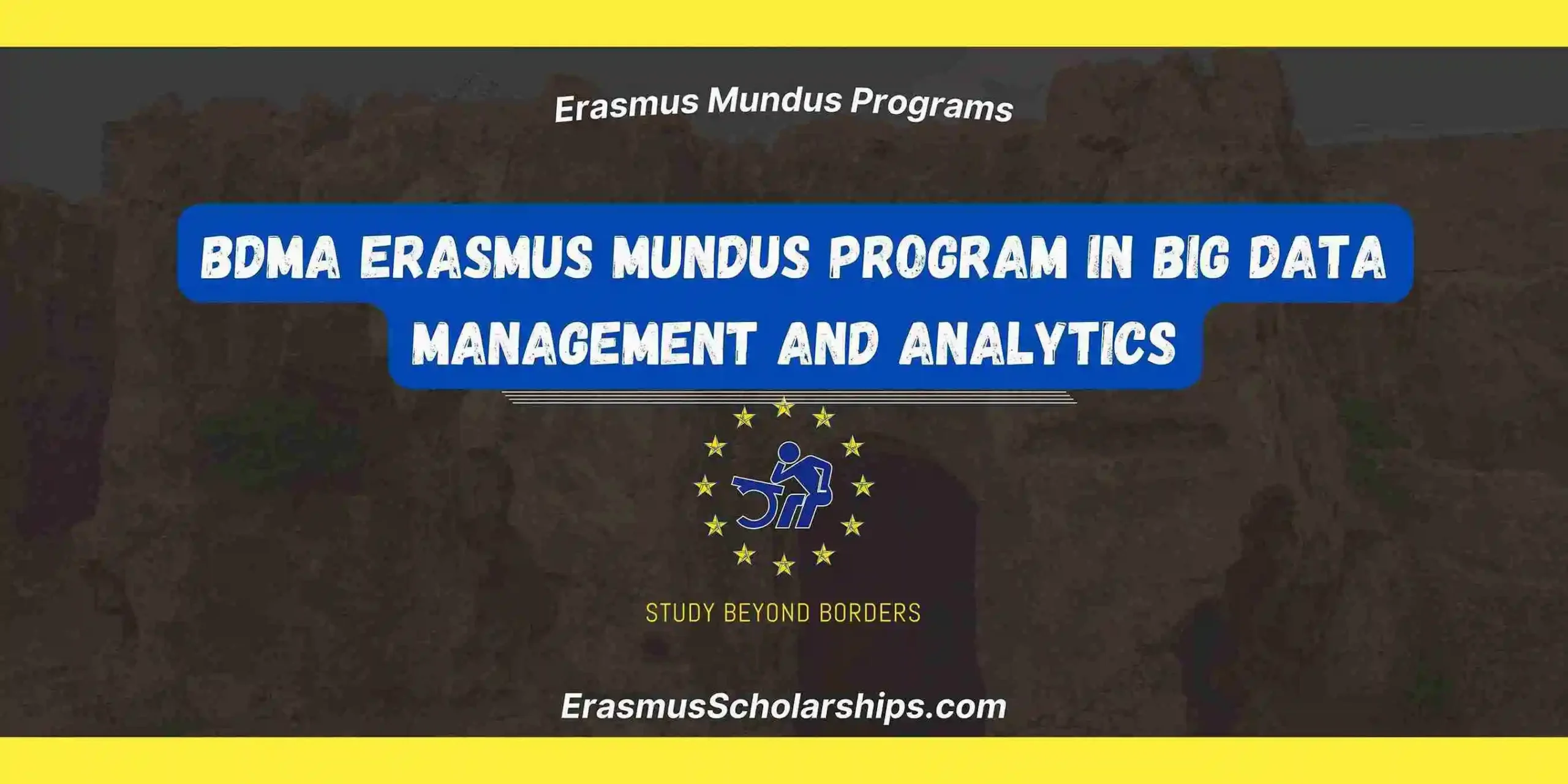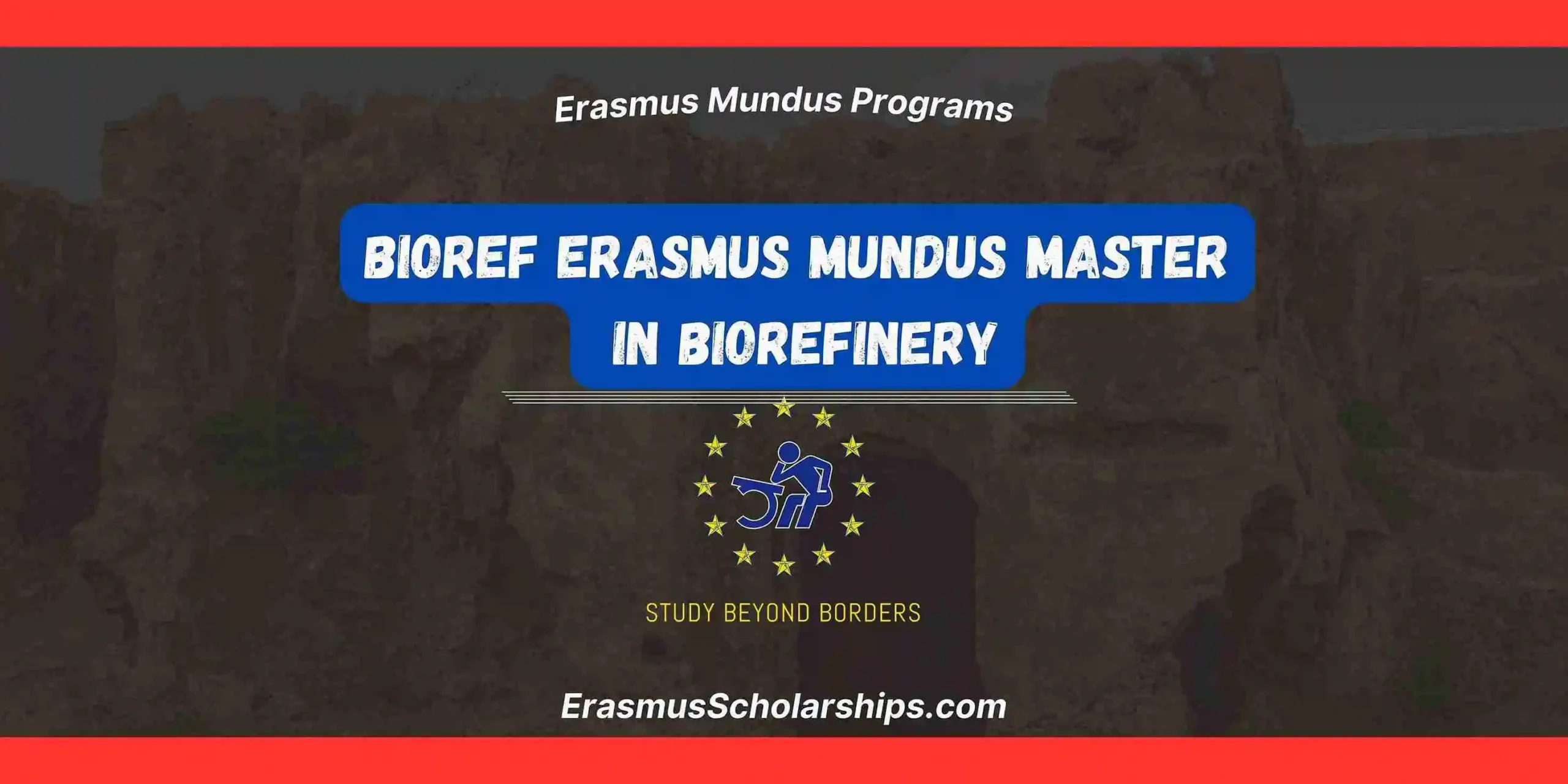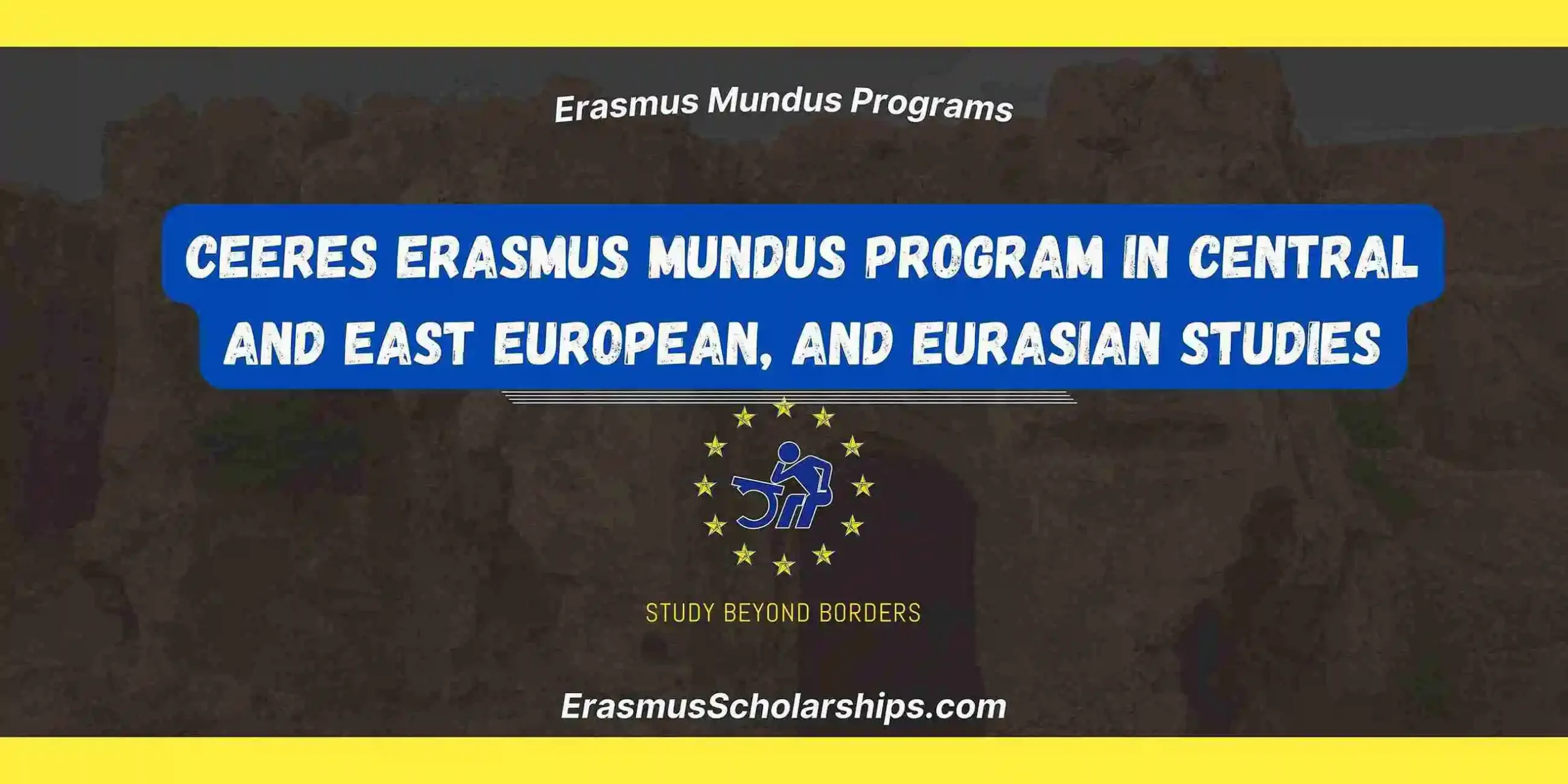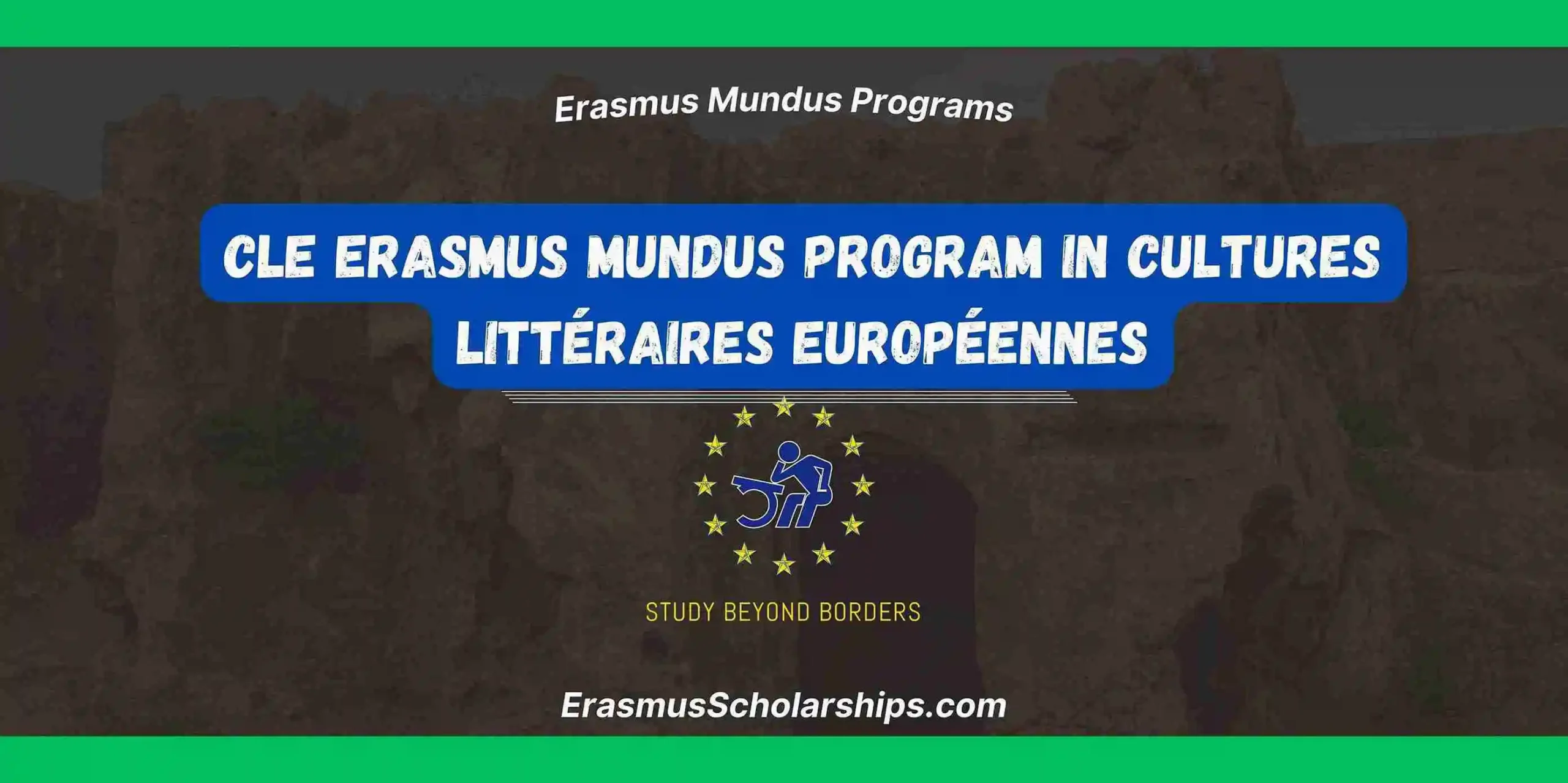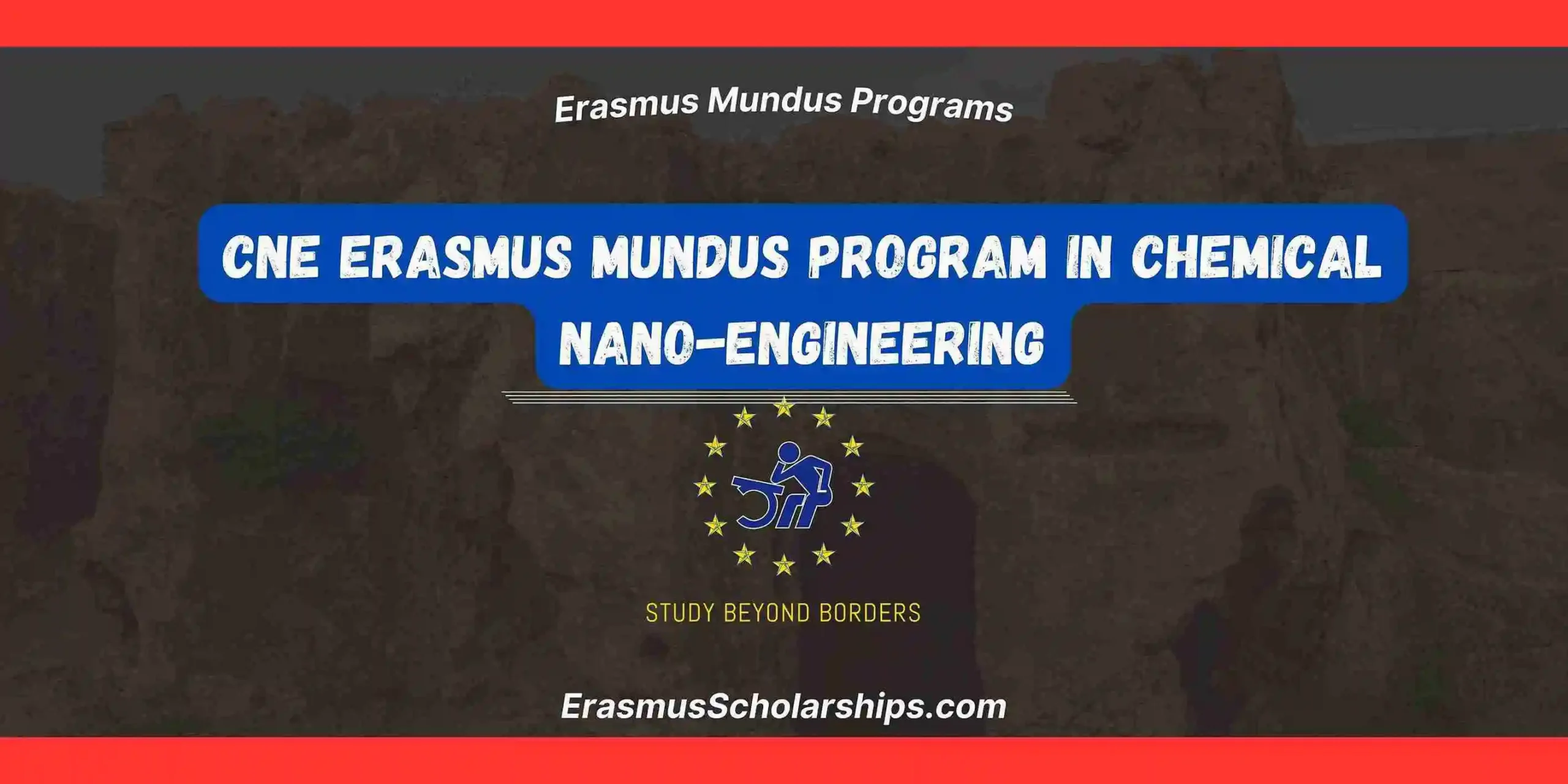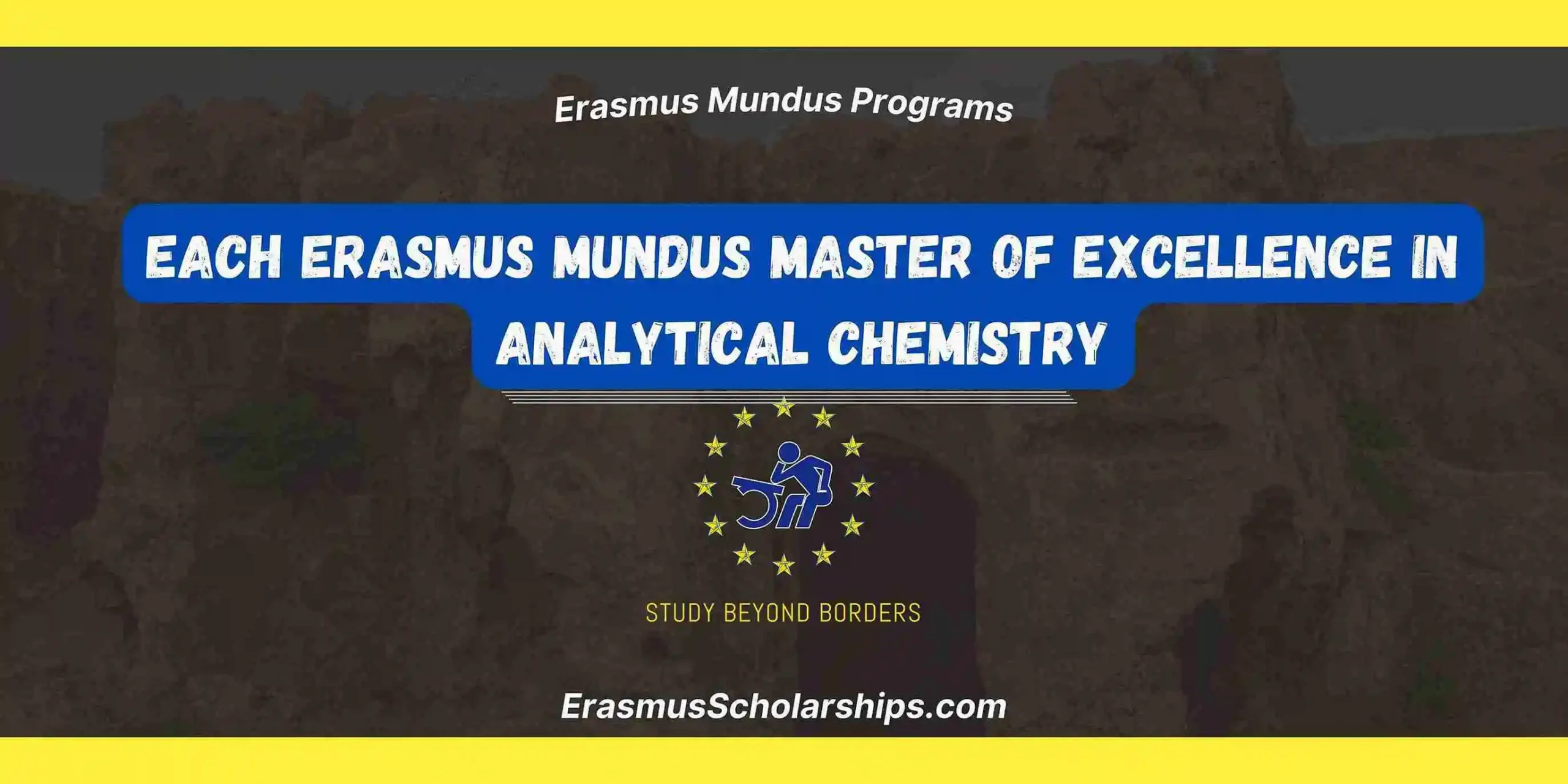The MER2030 Erasmus Mundus Joint Master’s in Marine Environment is a prestigious two-year (120 ECTS) full-time programme designed for students with a strong foundation in biological, geological, and chemical sciences. It equips graduates for advanced research careers or roles within governmental and commercial oceanographic and environmental laboratories. The curriculum includes 90 ECTS of advanced coursework and a 30 ECTS master’s thesis, with each student following a customized study path across partner institutions, leveraging their unique areas of excellence.
At its core, the MER2030 Erasmus Mundus encourages international and intercultural exchange, offering seven mobility pathways that allow for study across multiple European universities. The programme’s capstone is the MSc thesis, a 5–6-month research project supervised by a PhD-qualified academic and assessed by an international board.
Project Status
- Status: Ongoing
- Start date 01-09-2020
- End date 31-08-2026
- Action Type: Erasmus Mundus Joint Master
- Universities Involved
- Countries Involved
The MER2030 Erasmus Mundus program is a Master’s in Marine Environment offered by leading European universities.
| France |
| United Kingdom |
| Spain |
| Belgium |
| Portugal |
This cross-border collaboration allows students to gain an international perspective while studying and researching in the heart of Europe’s academic and industrial hubs.
Description of the MER2030 Erasmus Mundus Program
The MER2030 Erasmus Mundus programme offers a research-intensive postgraduate curriculum blending practical, analytical, and modeling approaches to marine environmental science. It emphasizes spatially distributed marine observation, lab analyses, data processing, and thesis research, all conducted in internationally recognized training centers.
Key Features of the MER2030 Erasmus Mundus Program
- High-quality, interdisciplinary postgraduate education in marine environment.
- Strong research component with exposure to observation techniques and modelling.
- Individualized, supervised research thesis with international examination.
- Mobility pathways for studying across multiple universities.
- Vocational training tailored to marine environmental careers.
- Development of analytic, communication, and problem-solving skills.
- Suitable foundation for pursuing PhD or professional roles.
Mobility Tracks of the MER2030 Erasmus Mundus Program
Seven structured mobility pathways:
- A1: UBx → UPV/EHU → Soton
- A2: UBx → UPV/EHU → ULiège
- A3: UBx → UPV/EHU → UAc
- B2: Soton → UPV/EHU → ULiège
- B3: Soton → UPV/EHU → UAc
- C1: UAc → UPV/EHU → Soton
- C2: UAc → UPV/EHU → ULiège
Admission Requirements
- Bachelor’s degree in biosciences, chemical sciences, geosciences, physical sciences, or engineering.
- Proof of English proficiency (French, Portuguese, Spanish, Basque optional).
- Academic transcripts, CV (Europass format), motivation letter, references, study plan, nationality and residence proofs, and other documents per guidance.
- Eligibility is assessed and mentors may define additional individual requirements.
How to Apply for MER2030 Erasmus Mundus Program
- Step 1 – Eligibility: Submit eligibility documents by the deadline.
- Step 2 – Application/Selection:
- If eligible for scholarship: submit scholarship application documents.
- If self-funded: submit required documents and self-funded declaration.
- Step 3 – Enrolment: Selected candidates finalize enrolment with required documents and payment.
Tips to Win the MER2030 Erasmus Mundus Program
- Submit high-quality, complete documents, incomplete or vague files can harm your chances.
- Motivation Letter & Study Plan: Showcase alignment with programme strengths, realistic research topics, coherent academic goals.
- Secure strong, tailored reference letters.
- Emphasize future prospects: PhD plans, industry aspirations, integration into marine sector.
Application Timeline
- Opens: December
- Deadline: March
- Enroll: Starting September following selection
Curriculum Structure of the MER2030 Erasmus Mundus Program
- 24-month, 120 ECTS structure:
- Advanced courses: 90 ECTS across six modules aligned with UN DOSSD 2021–2030 objectives
- Fundamentals in Ocean Science
- Clean Ocean
- Healthy & Resilient Ocean
- Predictable & Safe Ocean
- Sustainably Harvested Ocean
- Ocean Scientist Career (36 ECTS)
- Thesis (30 ECTS): Semester 4 research under supervision, demonstrating readiness for research careers or PhD.
- Advanced courses: 90 ECTS across six modules aligned with UN DOSSD 2021–2030 objectives
Coordinator Contact
Phone: +34 94 601 8451
Email: mer@merconsortium.eu MER Consortium
Frequently Asked Questions (FAQs)
What is the MER2030 Erasmus Mundus Program?
The MER2030 Erasmus Mundus Program is an international master’s in Marine Environment that provides advanced training in ocean sciences, research, and environmental studies through a multi-university mobility track.
Who can apply for the MER2030 Erasmus Mundus Program?
Applicants to the MER2030 Program must hold a bachelor’s degree in biosciences, geosciences, chemical sciences, physical sciences, or engineering, along with proof of English proficiency.
How long does the MER2030 Erasmus Mundus Program last?
The MER2030 Erasmus Mundus Program is a two-year (24 months) full-time master’s program, equivalent to 120 ECTS credits.
What documents are required for the MER2030 Erasmus Mundus Program application?
Applicants to the MER2030 Program must submit academic transcripts, a CV, a motivation letter, references, proof of English proficiency, and a detailed study plan, among other documents
What career opportunities are available after completing the MER2030 Erasmus Mundus Program?
Graduates of the MER2030 Program can pursue careers in marine environmental research, governmental and commercial oceanographic labs, or continue into PhD studies.
How is the thesis structured in the MER2030 Erasmus Mundus Program?
The MER2030 Erasmus Mundus Program concludes with a master’s thesis (30 ECTS) conducted during the final semester, supervised by a PhD-qualified academic and assessed by an international examination board.

